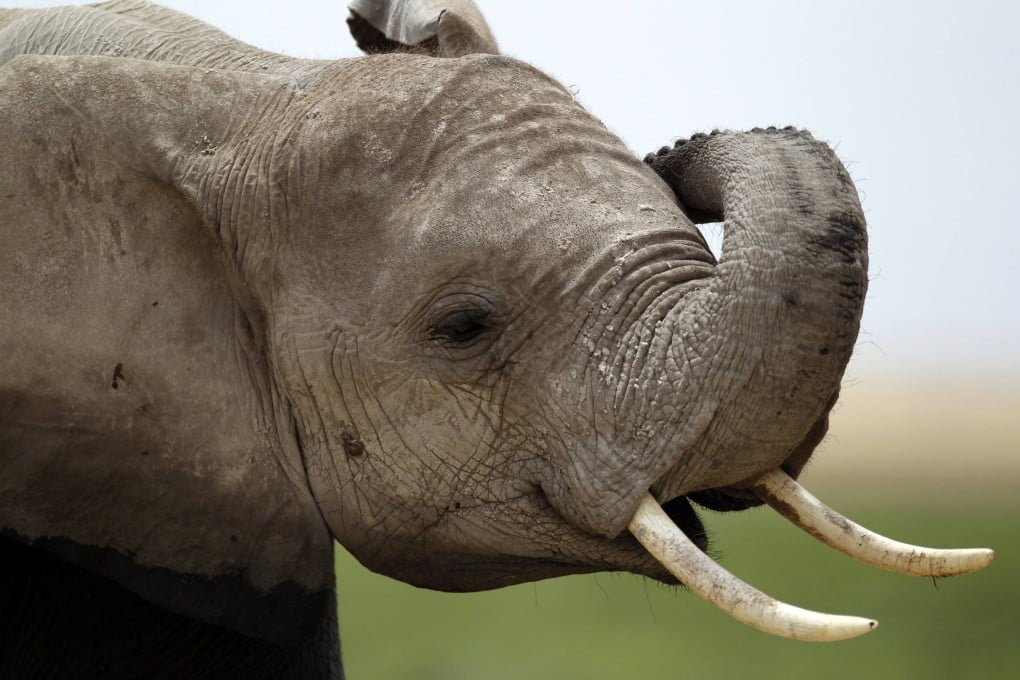Study points to elephants' intelligence
We point to things without giving much thought to what a sophisticated act it really is. By simply extending a finger, we can let other people know we want to draw their attention to an object, and indicate which object it is.

We point to things without giving much thought to what a sophisticated act it really is. By simply extending a finger, we can let other people know we want to draw their attention to an object, and indicate which object it is.
As sophisticated as pointing may be, however, babies usually learn to do it by their first birthday. "If you don't get that they're drawing your attention to an object, they'll get cross," said Richard Byrne, a biologist at Scotland's University of St Andrews.
When scientists test other species, they find that pointing is a rare gift in the animal kingdom. Even our closest relatives, likes chimpanzees, don't seem to get the point of pointing.
But Byrne and his graduate student Anna Smet now say they have discovered wild animals that also appear to understand pointing: elephants. The study, involving just 11 elephants, is hardly the last word on the subject. But it raises a provocative possibility that elephants have a deep social intelligence that rivals humans' in some ways.
Researchers use a simple but powerful test to see if animals understand pointing. They put food in one of two identical containers and then silently point at the one with food in it. Then they wait to see which container the animal approaches.
While primates and most other animals studied fail the test, a few have done well. Dogs have proved to be especially good at understanding pointing.